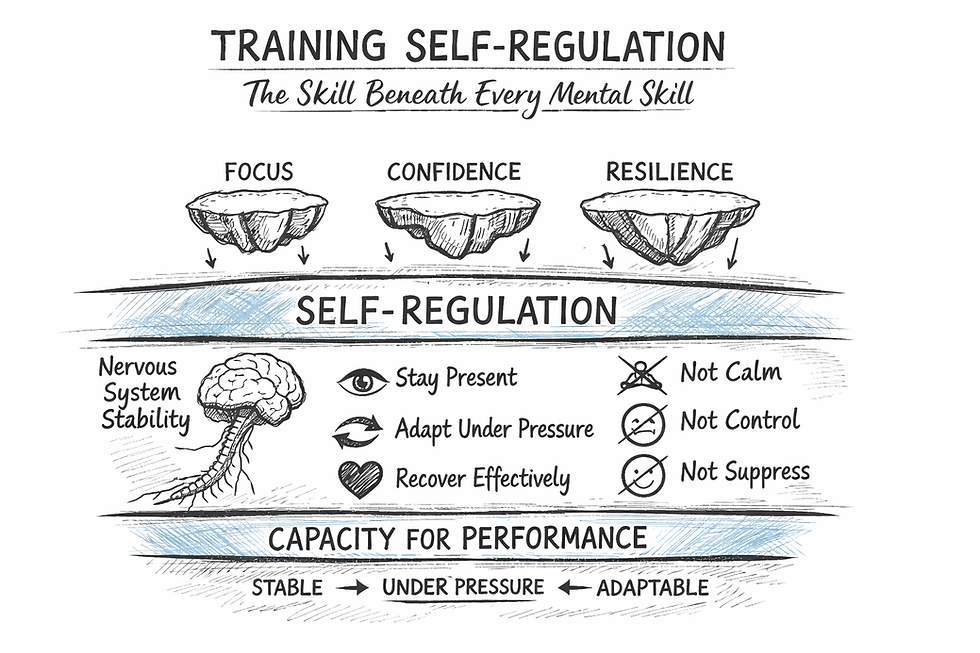2 Keys for athletes to help respond after making a mistake
- Kate Allgood
- Apr 14, 2023
- 3 min read
Updated: Dec 18, 2023
Mistakes and slips are going to happen. It is not if but when they will. Given that mistakes will happen, it is essential to figure out how best to respond to them when they do. This is one of the few things you have complete control over. This post will look at two keys to help you respond best.
Key #1: Be Present
This key is about what you do right after the mistake. In the middle of a game or competition, you don't usually have time to analyze or think too deeply about what happened. The best response is to return your focus to the present moment. To do so, you must know what works for you and what strategies will help. Think about what usually happens to you right after you make a mistake. Depending on what you do will dictate what strategy might work. Do you need to take some deep breaths, such as diaphragmatic breathing, or do you need to quickly run the playback in your mind and see how you want to make the play? Potentially, you need a cue word to help drive your focus back to the present moment and the next play. A combo is also possible. The key is about staying present; that is the best way to respond in the middle of your competition.

Key #2: Learn and Take Action
This key is all about afterward and what you do between competitors to help you respond after a mistake or slip. You must find ways to not criticize yourself or consider what you could have done differently. Learn from what happened. Was it a mistake due to a technical or tactical error? Was it due to your mental game? Did you not focus well or overthink things? Figure out what you think was at the root of making a mistake and then figure out how you will get better at it and improve the skill needed to lessen the chances of it occurring. Can you practice the skill, or do you need to do something different in your pregame routine? Most athletes only think of what they could have done better but fail to learn, grow and then take action to improve it. Things you do in a competition that you don't like are not on purpose. Either you made a slip or didn't practice something that could have helped. Either way, you can learn from it and develop the skills needed.
You can't control a mistake or slip once it is done. All you can do is respond. Find the best practices to help you respond both in the moment and between competitions. If you want help with your mental game, contact us, and find out how our programs have helped hundreds of athletes from high school to professional.
To your success,
Kate
About: Kate Allgood is trained in the field of applied sport psychology. She holds two Masters degrees in psychology where she graduated with distinction. She has spent the past 14 years working one on one with high school, college, Olympic, and professional athletes to help them with their mindset, mental performance and mental skills training. Kate has also been a consultant for professional teams, including the Anaheim Ducks primary minor league affiliate the San Diego Gulls, to help the team and players develop their mental game. It is important to note that while Kate has graduate school training in applied sport psychology and general psychology, she does not diagnose or treat clinical disorders, and is not a licensed psychologist.
**The information provided is not to dispense medical advice or prescribe the use of any technique, either directly or indirectly, as a form of treatment for physical, emotional, or medical problems, without the advice of a physician. The information provided is only to offer information of a general nature to help you in your quest for high performance. If you know or suspect you have a health problem, it is recommended you seek your physician's advice.



Comments